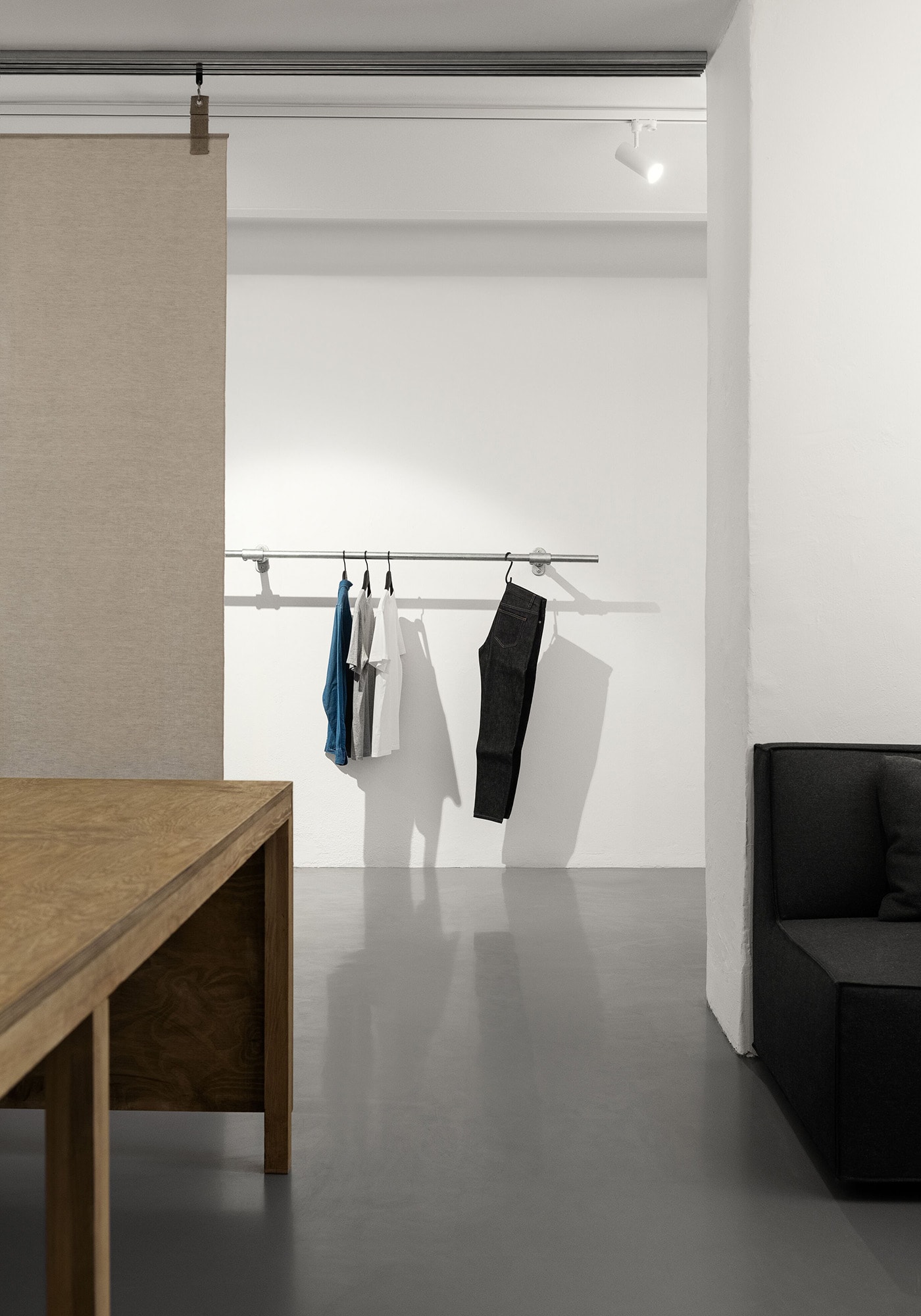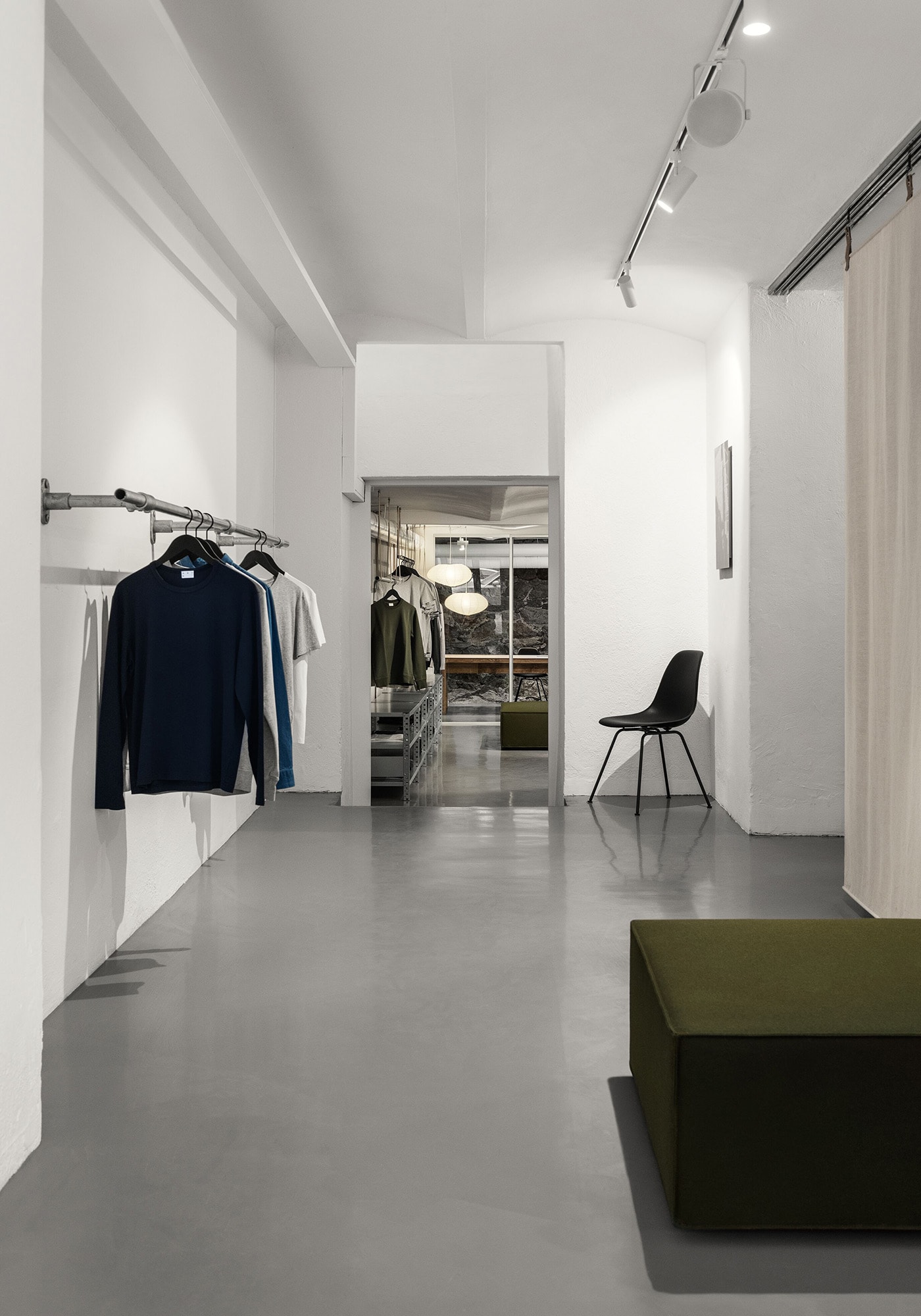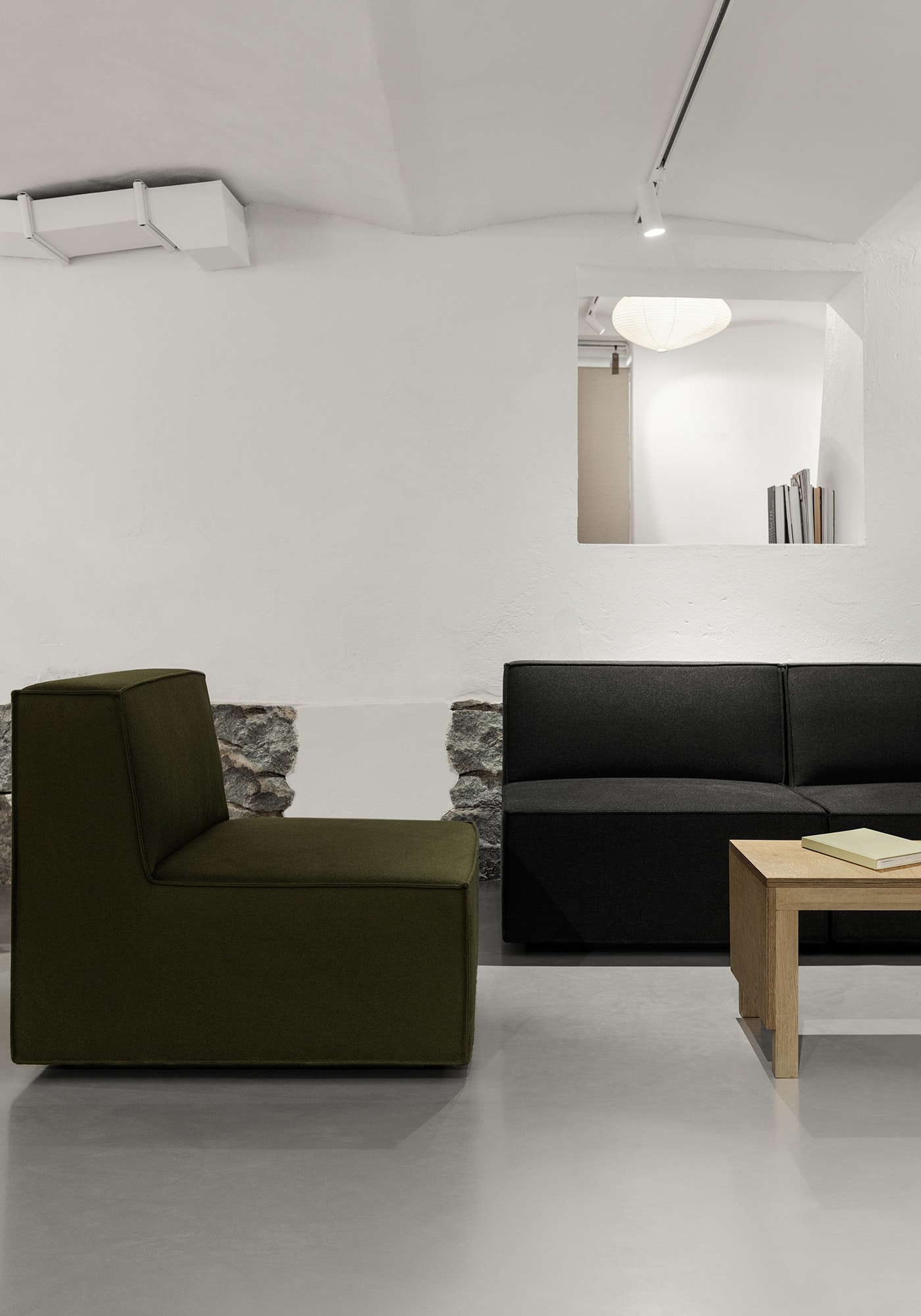Recently, I went on a trip to Bergerac; a wine region in France situated close to Bordeaux. While there, we visited beautiful local towns and shops, practiced our modest French, and during a brief stay on a farm; tended to grape vines. The work was gratifying and self-propelling. There were no notifications, no reminders, no emails. Just the energy and motivation to leave the fields in a slightly more productive order than the day before. That’s it.
In addition to the farm, we also visited grand châteaus—castles in the countryside made of stone, wood, and metal. The buildings were huge in their scale and ambitious in their architecture, with quarters for food preparation, recreation, living, and sleep. Despite these features, the buildings felt humble. They did not yield to time—remaining stoic and resolute. Chickens still clucked in the gardens, the trees still swayed, and the stone walls stayed put.
Clearly, at some point in the past, the locals had decided that the château was just right and need not be altered, only maintained against the usual duress of time. The châteaus suited their surroundings and purveyed French culture in a way that a modern construction never could. I realized that this process was two-fold. Build something that matters through careful design over time, and maintain it with the honesty of great craftsmanship.

The more we embody this process, the more productive and fulfilled we can become. If we can pick the right focal points; growing our own vegetables, cooking our own food, nurturing our bodies, and acting purposefully in the networks that we are involved, we can create a better world.
There are signs of this process in business, and particularly in clothing. Brands and businesses making the right products, and doing it well. The obvious reference is the now global Patagonia, but we also have ASKET in Sweden. With the latter unveiling its new minimalist showroom in Stockholm, ASKET has been taking steps to expand its message and contribute more to the world of responsible retail.

A showroom’s purpose is to show what a brand does best. And in ASKET’s case, it’s clear that they are doubling down on the same long term two-fold process as the château. This isn’t just another high street shop, built to sell huge volumes and plied by the secrets of marketing and technology. This is a space to feel comfortable in and find the right piece for you.
Catch a hem on a branch? Victimized at the hand of a moth? Beyond displaying new products, at the showroom ASKET will restore any of their products and show them some love. This is an engaging move, built on the dialog that occurs between customer needs, business integrity, and an awareness of environmental impact.
Just like the château, everything we own goes through wear and tear over time. When this happens, we have the option to abandon them and choose something else—to move on. However, a little care often goes a long way in restoring our possessions to their former glory. Shouldn’t we treat everything this way and support businesses that agree?
“Peace of mind produces right values, right values produce right thoughts. Right thoughts produce right actions and right actions produce work which will be a material reflection for others to see of the serenity at the center of it all.”
—Robert M. Pirsig
